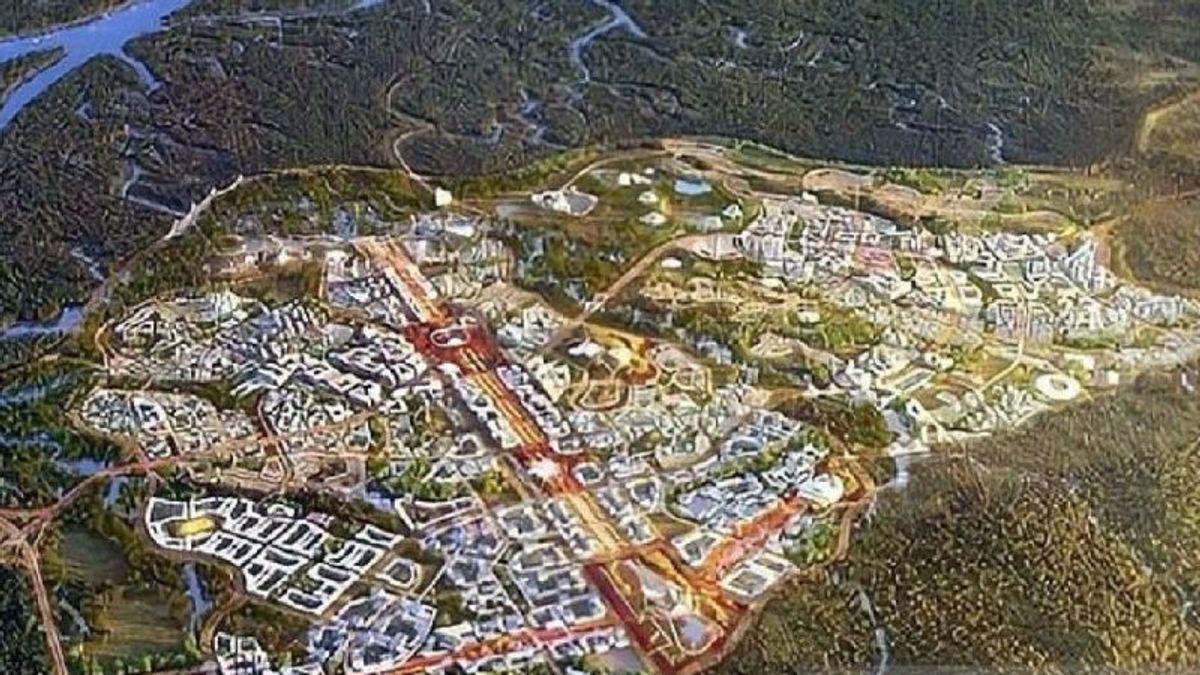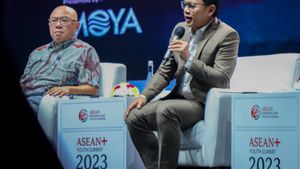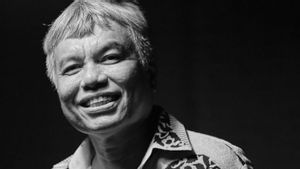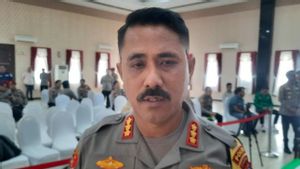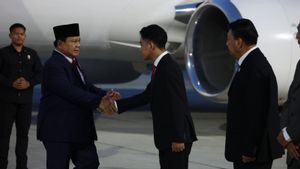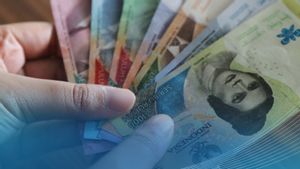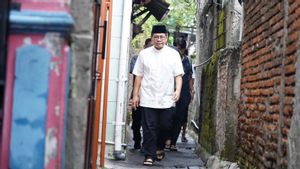JAKARTA - The Ministry of Public Works and Public Housing (PUPR) through the Directorate General of Highways revealed that the construction of underwater tunnels or (immersed tunnel) in the State Capital or IKN Nusantara began after 2024.
"The construction of the underwater tunnel toll road will be carried out after 2024," said Director General of Highways Hedy Rahadian in Ancol, North Jakarta as reported by Antara on Saturday, September 9.
Hedy added that currently the Ministry of PUPR is preparing a design for the underwater tunneling toll road at IKN Nusantara.
"We are now making the design, because the construction of underwater tunnels is something new. This year and 2024 the Ministry of PUPR has prepared a Detailed Technical Design or Detail Engineering Design (DED) for the tunnel," he said.
VOIR éGALEMENT:
The design was made involving consultants or international experts, this is because the construction of the project is a completely new infrastructure sector.
As is known, the construction of the Immersed tunnel is prepared to be part of Section 4 of the IKN Central Government Core Area Toll Road (KIPP).
Immersed tunnel development is in accordance with the forest city concept carried by IKN Nusantara.
The Ministry of PUPR can build a bridge, but in the context of protecting the environment, what is prioritized is the construction of an immersed tunnel so that toll road users can cross Balikpapan Bay at the end of the toll road when heading to the KIPP area of IKN Nusantara.
The government wants to protect other endemic seeds, fauna and flora around Balikpapan Bay. For this reason, the Ministry of PUPR will not build a bridge that physically changes environmental morphology, but rather tries to build immersed tunnels such as in Geoje, Busan, South Korea.
For example, the implementation of this herded tunnel technology has been implemented in many countries such as the Fehmarn tunnel in Europe and Geoje, Busan in South Korea.
Immersed tunnel technology is a method commonly used to replace bridges that pass through wide water areas.
The English, Chinese, Japanese, Arabic, and French versions are automatically generated by the AI. So there may still be inaccuracies in translating, please always see Indonesian as our main language. (system supported by DigitalSiber.id)
